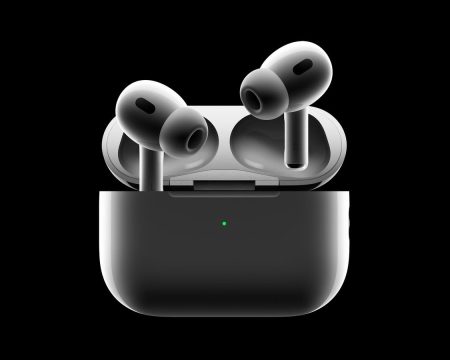With digital twins of the human body, blockchain medical records, hospitals in the metaverse, and a new decentralized system, healthcare delivery will look very different in the future.
In this post, we’ll explore a few of the ways web3 and immersive metaverse technology will transform our healthcare systems — leading to better health outcomes for everyone.
The Era of Metaverse Healthcare
In the future, immersive metaverse technologies have the potential to improve access to healthcare providers. For example, imagine if your telehealth consultation with your doctor could happen in the metaverse, especially for common complaints or minor conditions that don’t have to be visually diagnosed.
We may even be able to visit virtual hospitals or clinics in the metaverse — or consult with a doctor who practices across the world from our location. Immersive VR visits could prove to be a real boon for areas in the world that are short on doctors or where people would ordinarily have to travel long distances for consultations with specialists.
Using Digital Twins to Inform Treatment
Healthcare in the future internet will offer many exciting, cutting-edge opportunities, including the use of digital twins — virtual simulations of patients — to deliver personalized, precision care.
Healthcare providers could use these digital representations of patients’ bodies to predict how real-world individuals will recover from surgery or illness or respond to medications. Providers will be able to run tests and design personalized treatment and rehabilitation plans or even “age” our digital twins to see how interventions will affect us in the future.
Medical Training and Specialized Therapy in the Metaverse
Companies and healthcare organizations are using immersive technologies to provide medical training for doctors and other health practitioners. FundamentalVR — a virtual reality medical education platform accredited by the Royal College of Surgeons in England — has developed a VR solution that acts like a flight simulator for surgeons, so they can practice in a controlled environment before operating on real patients.
Virtual reality-based therapy can also be used to treat mental health conditions. By allowing patients to immerse themselves in a simulated environment, they can experience situations that would otherwise be difficult or impossible to recreate in the real world. This can help patients process emotions and experiences in a safe space and gain insight and skills that can help them in their day-to-day lives.
How Web3 Could Democratize Healthcare
Blockchain could also have a big impact on healthcare, particularly in terms of medical data. Web3 technologies will provide a secure platform for patients to store and manage their sensitive health data, such as test results and prescriptions. It will also allow them to share this data with healthcare providers while still maintaining control over who has access to their private information.
The decentralization of healthcare will also help us shift away from large, centralized systems — where care is provided primarily in large hospitals and clinics — to a more distributed model where services are provided in various settings such as community health centers, primary care clinics, and even patients’ homes.
In a decentralized system where a patient has total control over all their data, it would be easy to switch providers or share anonymized data with medical researchers if we choose to. Decentralization can also be used to improve healthcare in rural and remote areas by providing healthcare services through telemedicine and other technology-enabled solutions.
To find out more about the way the future internet will impact our healthcare system, subscribe to my newsletter, follow me on Twitter, LinkedIn, and YouTube, and check out my books Future Skills: The 20 Skills and Competencies Everyone Needs to Succeed in a Digital World and The Future Internet: How the Metaverse, Web 3.0, and Blockchain Will Transform Business and Society.
Read the full article here










